Tradition keeps cultures alive. Languages keep cultures alive too. The Native American culture has been long preserved through museums, pow-wows, advocacy and reservations. November pays homage to Native American Heritage and serves as a reminder of the Indigenous people who were in the United States before it ever became the United States.
Native American Heritage Month is an honorable recognition to pay homage to the Indigenous peoples that were here before it became colonized and to those who continue that lineage. Yes, Native Americans still have a presence in this country and it is more important now than ever to preserve that history due to the dwindling population and recently uncovering a dark history with the residential schools.
My Heritage
Halito, Chahta ilefehnachi li (translation: Hello, I am proud to be Choctaw). My lineage comes from Mississippi Band of Choctaws. My heritage derives through my father’s side of the family. I don’t have a tribal card and I don’t have tribal citizenship either. I am 1/8 Choctaw.
My great grandmother, Majorie Tubby, grew up speaking Chahta Anompuli. Tubby is derived from Tubbee, and then T’abi, which means “to kill.” This was her first language and Native language. It is commonly known that the Jim Crow era had a large negative effect on African Americans, when in reality it affected more groups than that. She grew up during the Jim Crow era and was harshly affected by the society of that time, which led to her never teaching her children the Native language due to heavy racism.
After my great-grandmother passed away, my father told me he felt as if we had lost a connection to our heritage and culture. He took it upon himself to read the history of our people, learn the language, learn how to cook Choctaw meals and even wrote a book titled “Oklama (My People) The Story of Our Ancestors and People,” which is about the roots of our family.
History of the Mississippi Band
The history of the Mississippi Band of Choctaws is special because of how distinctive it was compared to other tribes. The Choctaw tribe used to be matrilineal, as opposed to the Western tradition of patriarchal standards. Women were highly valued and often provided counsel for decisions regarding tribal affairs. Women were also recognized as the givers and supporters of life; men and women both held leadership positions in the tribe. If clan mothers didn’t want to send their sons into a conflict, then the tribe would not go to war. Rather than fathers raising their own children, it was usually the mother’s brother to raise the children.
Women would assist in wars by feeding arrows to the men as they were in active engagement. Even if the men were to fall during combat, the women would rush to pick up their arms and finish the fight. It was believed that it was better to die during a battle than to be enslaved.
Despite the language being “banned,” the Choctaw Code Talkers can be considered saviors of the nation during World War I. Since Native American languages hadn’t ventured much outside of the United States, it was utilized for communications of battle messages. The Navajo Code Talkers would later follow in their footsteps and help save the nation during World War II.
Native Americans were behind in obtaining rights in a country that was on their own land. Citizenship wasn’t granted until 1924 and many didn’t have voting rights until the 1960s.
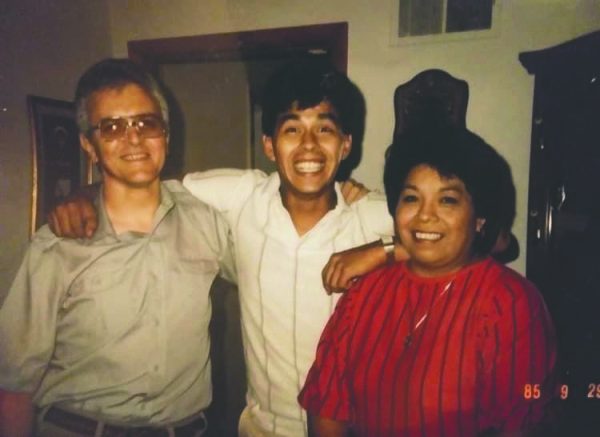
The issue with blood quantum and the importance of preservation
Despite only being 1/8 Choctaw, I am still proud of my heritage. In my bios on social media, I have “Not your average tvshka” which means “warrior.” I have been told on several occasions, “You don’t carry a tribal card, then you aren’t an Indian” or “If you aren’t from a reservation, then you aren’t Native.” I grew up believing that I wasn’t “enough” Choctaw to be seen as Indigenous, and it became easy to check off the caucasian box on every demographic form I have filled out during my lifetime.
The Mississippi Band of Choctaw requires that you be of ½ blood quantum or greater to have tribal membership. The Native American ethnicity is the only ethnicity in the United States that is recognized by blood quantum, livestock is the only other thing that is recognized by blood quantum. Each tribe sets its own standards for tribal membership requirements, so not all of the requirements are the same across the board.
Since I was little, my parents had been taking me and my brother to Pow Wows. For those of you who don’t know what that is, it is considered the heart of Native tradition today. At Pow Wows, Natives and non-Natives sing, dance, eat and socialize. It keeps the culture alive and honors the ancestors that came before us.
At my wedding last year, my father wore traditional Choctaw attire. Choctaw attire is more modern among the stereotypical dress that is portrayed on television shows. My father and I also got matching Choctaw inchunwa (tattoos) to represent our heritage, which is kindred to a diamondback rattlesnake. The Choctaw compared themselves to the diamondback rattlesnake because we are never aggressive unless provoked.
Preservation is important today especially because the effects of colonization show everyday. Tribes are continuously working to preserve their cultures and languages and many have formed language institutions to teach this to people who lack first-generation Native speakers in their families.
























































































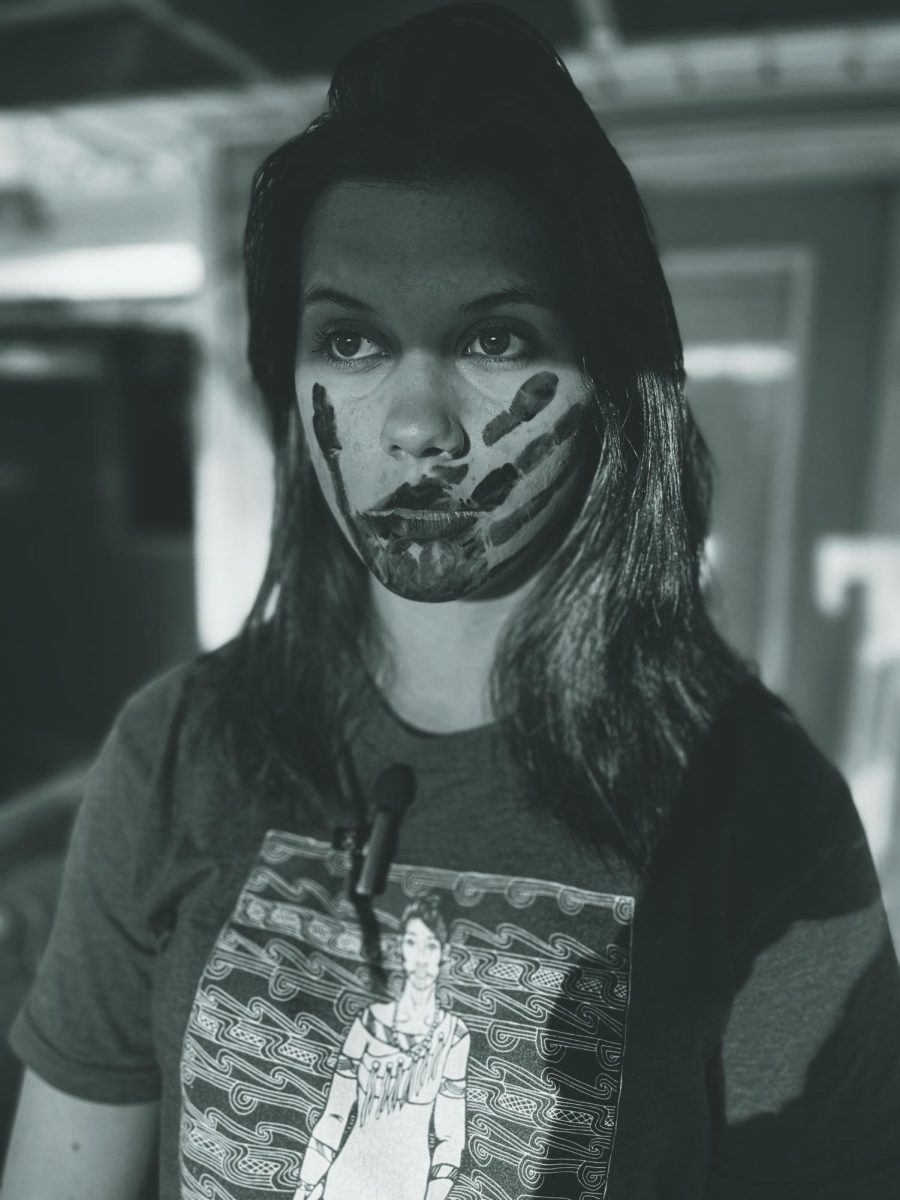
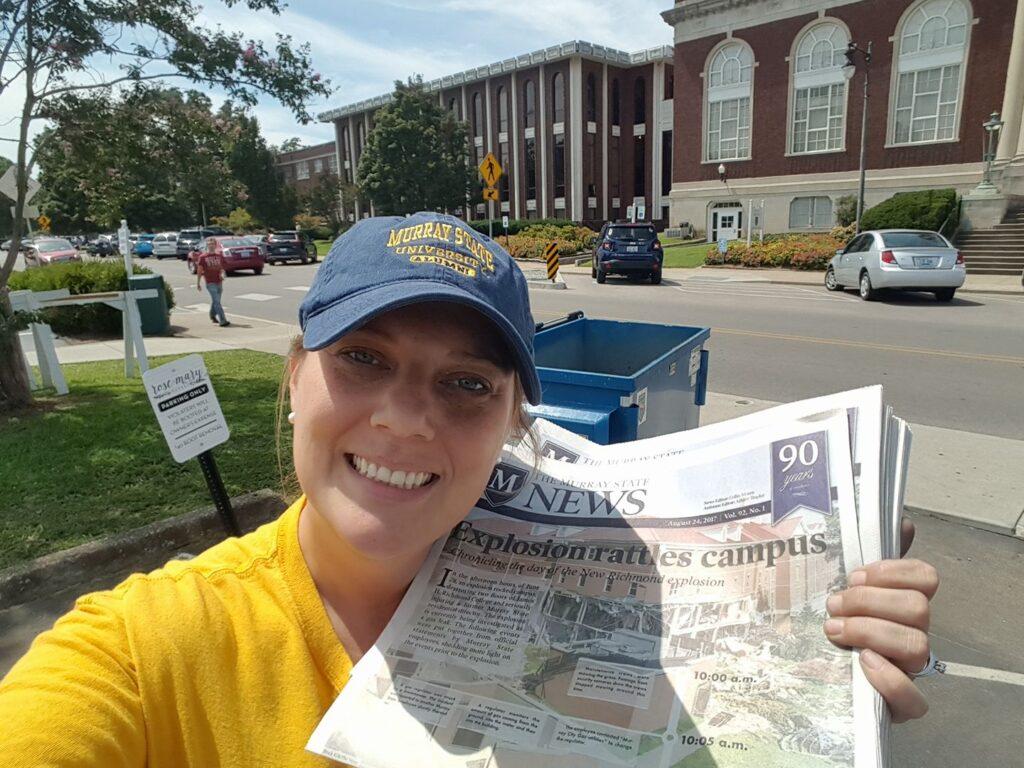
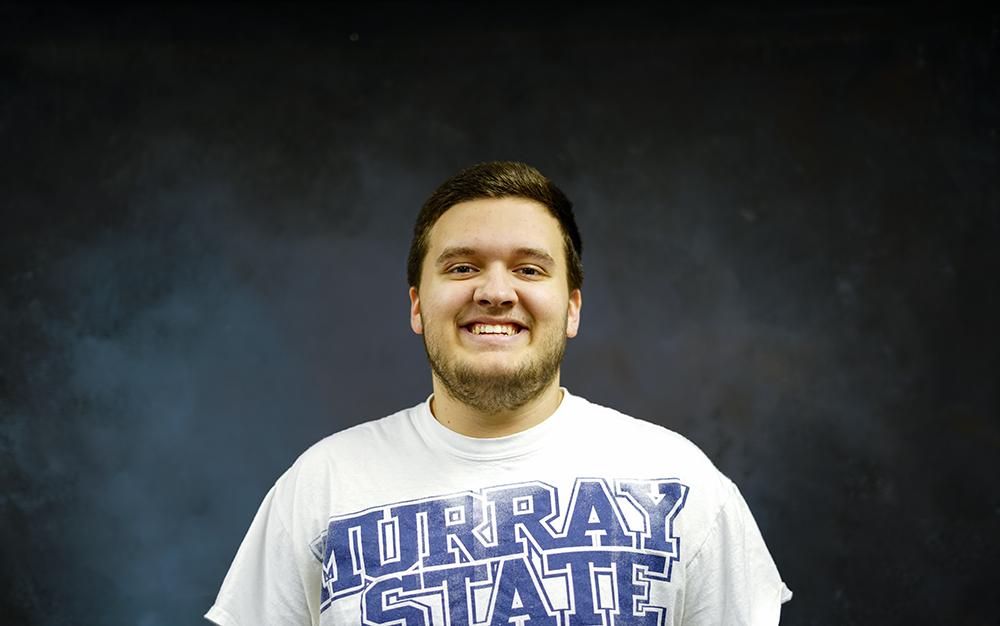
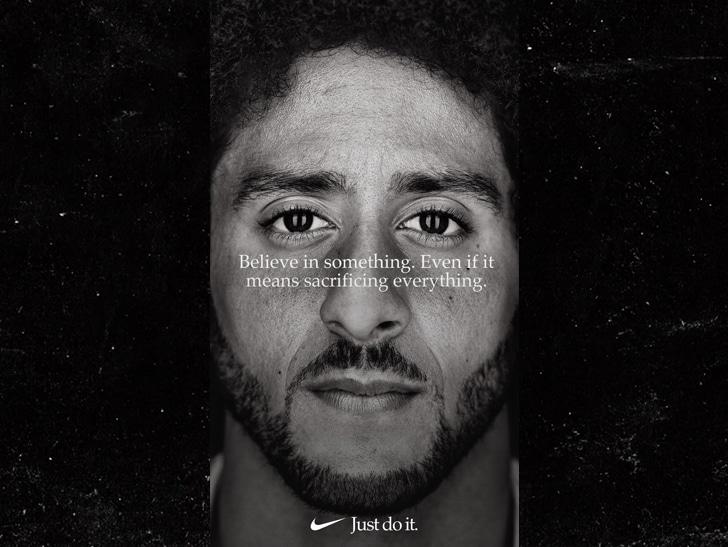

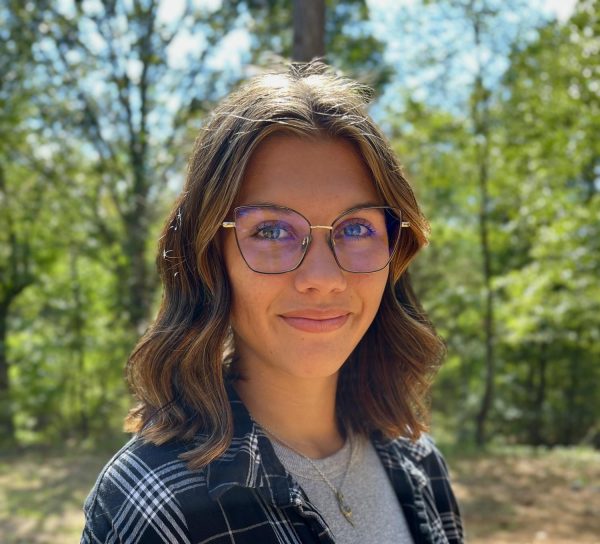
Pamela Herndon • Nov 15, 2024 at 9:47 am
Ms Hunter,I enjoyed reading your column. Thank you for sharing about something that is close to my heart.